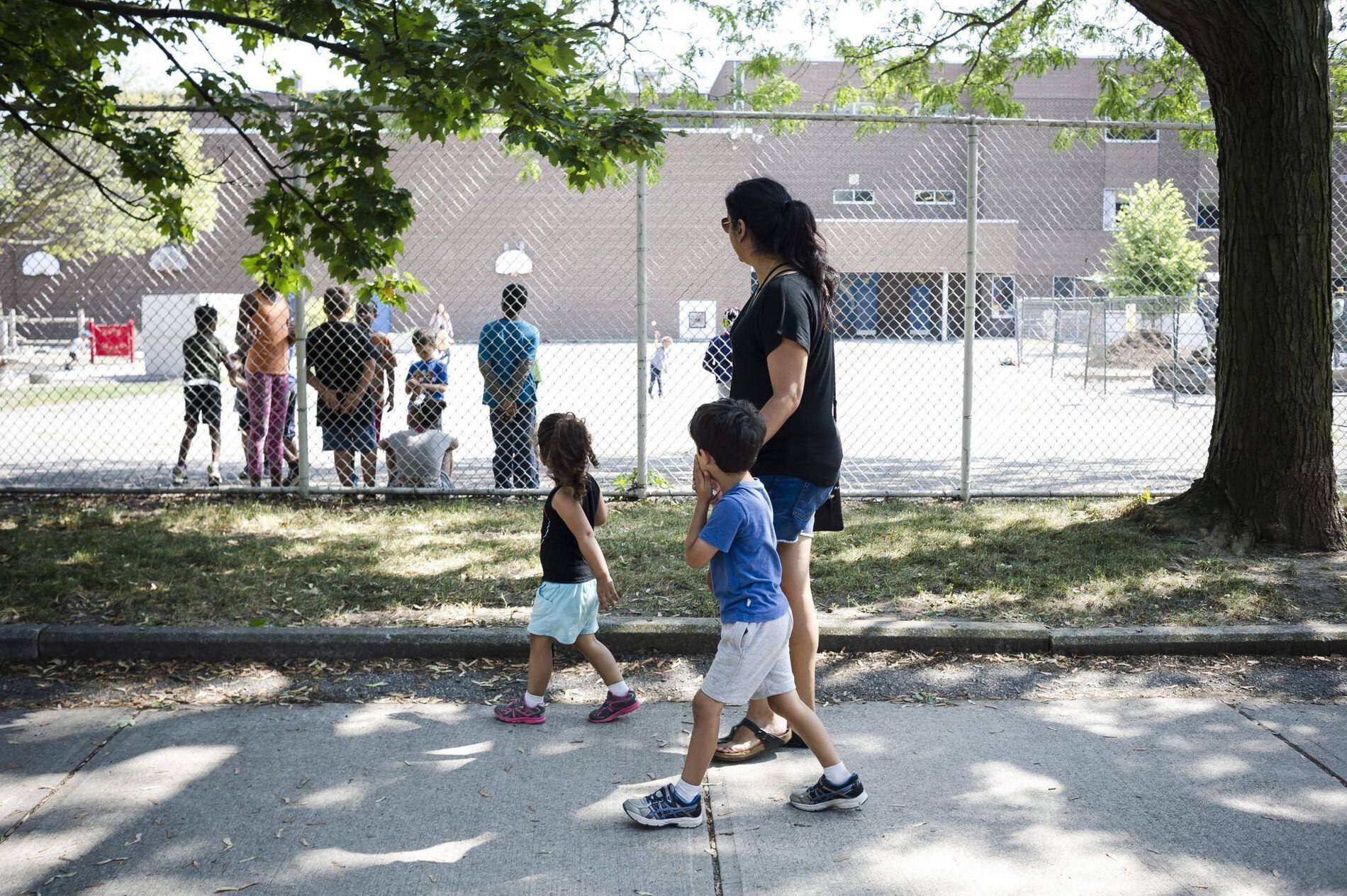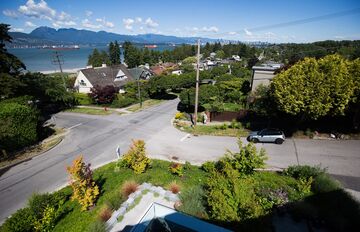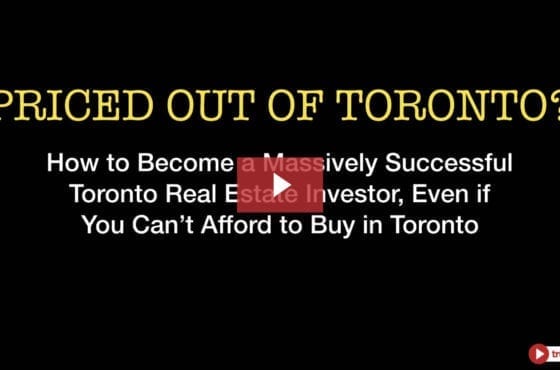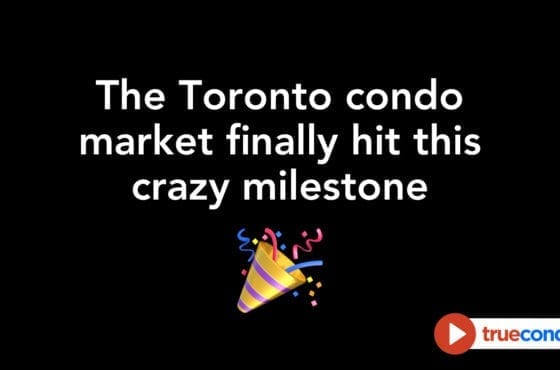City schools overflowing with Condo kids

AUGUSTS STATS
-August stats for Treb coming out today
-Sales will be down, prices still up for condos
-Most important: check sales:listing ratio
-Also look at 2017 vs. 2015 numbers

Toronto public schools struggle to keep up with condo boom
Serina Manek has been living in Leslieville for seven years, and has watched it go from a rough-around-the-edges area in Toronto’s east end, to one of the city’s most desirable neighbourhoods.

Margaret Atwood pens ‘A NIMBY’s Tale’
In 2015, Trolleybus Urban Development was seeking approvals for a four-storey, 80-unit townhouse project on Keewatin Avenue, in midtown Toronto, when its proposal was met by a small but noisy group of area residents opposed to the project.

Why Bother With Stocks in Vancouver's Relentless Housing Market?
In the spring of 2012, Dustan Woodhouse, then a 40-year-old Vancouver mortgage broker, broke the cardinal rule of saving for retirement: he liquidated his retirement fund, took the tax hit and plowed the rest into the local real estate market.
TRANSCRIPT
Andrew la Fleur: Today is Tuesday, September 5th and this is what’s happening in the condo market this week. Thanks for checking out this video and once again, we’re gonna over a few of the articles that have come out in the past week about the condo market, about the real estate market in Toronto and what they mean to you as a condo investor.
So the first article is actually an article that we don’t have yet but it should be coming out any minute now, should be coming out at some point today. And that is the stats, the statistics for the month of August from Treb. So the numbers will probably be very similar to July from all indications. Sales will be down significantly, prices in the low rise market will be probably flat, compared to a year ago. They will be down significantly from a few months ago. And prices in sales in the condo market will probably be down from a year ago but not down as much as houses. And prices in the condo market will still probably be up quite a bit from a year ago.
So again, what you want to look for as a condo investor, two things in the stats. You want to look beyond the headlines and the two things that I always look for, I don’t look at just the sales numbers, the average prices, that sort of thing. Two things I look at, one … two things I will look at now I should say, one is the sales to listing ratio. So the sales to listing ratio as I always said is the greatest way to get the temperature of the market, to get a sense of where the market is heading, the direction of the market. Are things going up or are things going down?
And as we’ve seen in the past few months, the sales to listing ratio for the condo segment of the market is still very very high. It’s still in sellers’ market territory. It’s still indicating that prices are gonna continue to rise. Until the sales to listing ratio falls dramatically from where it has been in the condo market, we don’t expect that to change. Sales to listing ratio on the low rise housing side has been herding a little bit but it’s still sort of borderline buyers’ market territory. It’s not indicating any kind of a major worrisome trend where prices will fall significantly which is why I continue to believe that this sort of slump that we’re in is temporary, it’s driven mostly by psychological changes and also just the fact that prices rose so much, so quickly that naturally, those prices needed to come down in the low rise housing market and that’s exactly what happened.
More of a return to normal as opposed to a bearer market, a slumping market, a market where prices are gonna be falling for a prolonged period of time. Instead of that, I’m seeing more of a return to normal in the low rise housing market. So that’s the first thing I want to look at when those numbers come out.
The second thing I want to look at is comparing this year’s numbers to 2015 as opposed to 2016. So again, 2016, a year ago, all the numbers will be compared to a year ago. A year ago we were in the middle of the beginning of a crazy, record-breaking, record-smashing year where we saw numbers and sales and price increases that we’ve never seen before ever. So again, we expect the numbers to be dramatically different now as we’re returning to a more normal market than they were a year ago. But how do today’s numbers compare to 2015 or 2014, 2013 as we go back, as we look further into the market and we look for a more normalized sort of a market, what are things looking like? That’s how I’m gonna be looking at the numbers later today when they come out.
So, in terms of actual articles to talk about, the first one I want to bring to your attention is from the The Globe and Mail and it’s Toronto public schools’ struggle to keep up with condo booms. So it’s talking about how condos, particularly in the East end, in Leslieville, a lot of young families and kids moving into condos, a big trend we talk about a lot. And what I want to point out to you again is, as condo investors, is you want to pay attention to trends like this, you want to understand that more and more people are choosing to live in condos, families are choosing to live in condos, raise their children in condos. We are becoming more in that sense like most cities around the world outside of North America where people live in apartment buildings, where people live in high-rise buildings, where people do not live in ground-oriented low-rise housing.
That has been the normal forever, essentially forever in Toronto, in Canada but we are starting to see that trend move away from that as low-rise housing prices have gotten completely out of reach for most families. And as, quite frankly, a big reason is just people prefer to live in condos and people want to live in that condo lifestyle, they want to live in an urban neighborhood with amenities and everything close by, including schools.
And so a lot of schools in the central core of Toronto as a result of this are actually filling up and whereas 10 years ago, schools were closing and emptying and you couldn’t find enough kids to go there so they’re shutting them down, now we’re starting to see the pendulum swinging back the other way. Too many kids are filling up certain schools in certain areas and obviously those are great areas to start thinking about buying and adding two bedroom units, three bedroom units into your portfolio as an investor.
Next article is from Toronto Storeys, it says Margaret Atwood pens a NIMBY’s tale, so it’s obviously a takeoff on Margaret Atwood, the famous author’s book A handmaid’s tale. But I don’t know if you’ve been following this or not and if you’re on Twitter, it’s been a big thing on Twitter in the past week. Big conversations started by Margaret Atwood, coming out, she lives in the Annex and she was opposing a new condo development that was coming out, that was proposed to come out on Davenport Road, nearby where she lives and many other famous Torontonians live including members of the Eaton family and the Weston family from [inaudible 00:06:19] and obviously Eaton’s fame and Margaret Atwood and others.
One of Toronto’s most established neighborhoods, obviously, the Annex and I just wanted to … you know, the conversation back and forth from an urban planning perspective is interesting but from an investor perspective, I just want to bring this to your attention and point out to you the huge, huge resistance that condo developers are continuing to face and it’s just a growing resistance it seems in certain areas of the city, in certain established neighborhoods of the city to build condos, to build high-rise buildings. And this as an investor, you know, on the one hand as a city person, it’s sort of depressing to see that we’re not evolving as a city perhaps. But on the other hand, as a condo investor, it’s actually very good news ’cause it just continues to show that the pressure on new supply is very restrictive. That it’s not easy for developers to get these buildings approved. It’s not easy to get more condos into the pipeline, more supply into the pipeline.
And this is just gonna continue to be a struggle and it’s becoming more and more difficult. The costs are becoming more and more onerous for builders, from a development [levy’s 00:07:27] perspective and so on. This is just an eight storey building, we’re not talking about a 50 storey building, it’s an eight storey building on a road where there is already an eight storey building approved right across the street. So again, just to say that supply is very restricted and we’ll continue to see that trend in the future which is good news for us as condo investors but also points to, again, higher prices of condos in the future, higher rents in the future and just a more in demand city to live in, especially in the downtown core.
The next article is from Bloomberg and this one is why bother with stocks in Vancouver’s relentless housing market? So talking about Vancouver but it can also apply Toronto as well. Talking about the ever rising Vancouver real estate house prices and condo prices. Again, just a reminder, they implemented their foreign buyer tax a year before us and their market slowed down for several months after that happened and now things are right back to where they were. And again, we’re probably gonna see a similar trend here in Toronto after a few more months of letting the dust settle on our foreign buyer tax.
So the article is talking about comparing stocks, investing in stocks in the market versus investing in real estate. It’s talking about one mortgage broker, Dustin Woodhouse, who in 2012, decided to liquidate his RSPs and traditional investments and put them all into real estate. And how everyone told him he was crazy and now he is obviously made a fantastic decision, his investments have done very very well. And this is how he’s building his portfolio of properties, he wants to have 10 properties for his retirement. He is in his mid 40s, he wants the retirement sort of mid 60s, he’s thinking this is his retirement plan, this is his pension, this is what’s gonna be his income later in life.
And I wanted to point this out to you again, just for having the mindset, you want to have the long-term investor mindset, there is always gonna be ups and downs in any market and when we’re in the middle of sort of a different market than we’re in right now, the would-be investors, the pretenders, the people who pretend like they’re in the market, they’re gonna run for the exits, they’re gonna panic and get out. But the strategic, long-term investors who understand the long-term trend of where the market is heading and what is happening with prices and rents and the things that we talk about obviously in this every single week, they’re the ones who are gonna benefit, they are the ones who are gonna have the very comfortable, very happy and very cashflow positive retirements as opposed to those people who panic any time the market has a blip in it and don’t understand … again, like even this example in the article, he just held on through Vancouver’s ups and downs over the past year and now he’s doing better than ever and his net worth is higher than ever and his cashflow is better than ever. Rents, prices, continue to rise in the long term.
All right, so there you have it, you can get all the links for this in the show notes of course. Head to truecondos.com. Make sure you subscribe to the truecondos weekly newsletter, you can sign up anywhere on truecondos.com to receive that and until next time, have a great week and happy investing.



